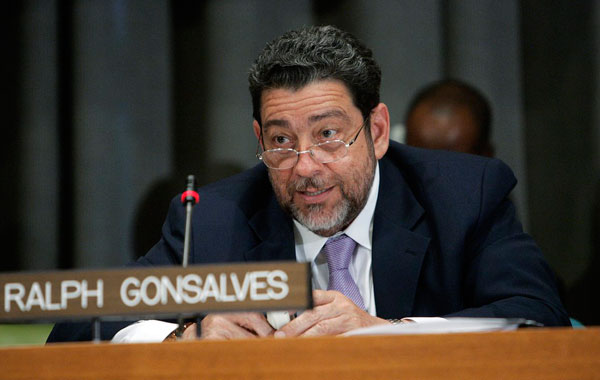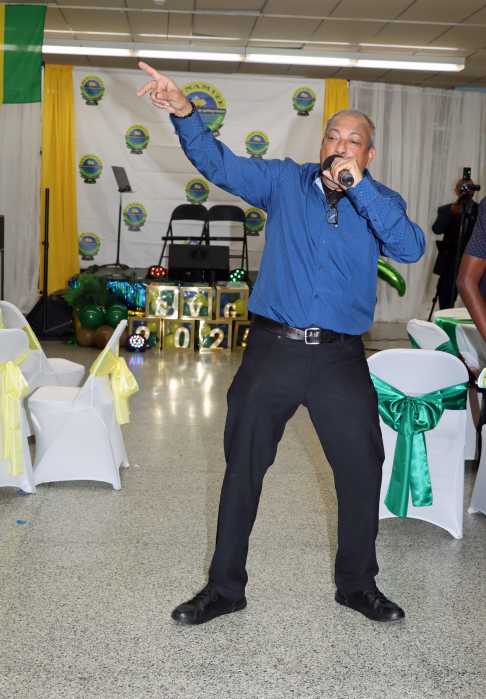Following terror strikes in Europe and Africa, France extended a state of state of emergency to the Caribbean islands of Guadeloupe, French Guiana, Martinique, Mayotte, Reunion Island, and St. Martin and St. Barths.
The emergency measure went into effect after at least 129 people were killed and more than 350 injured in Paris, and prior to the massacre of 29 guests at a hotel in Bamako, Mali where gunmen stormed the African tourist attraction.
Imposed for an unspecified period being debated by legislators, the curtailed restriction on citizens could last up to three months.
Immediately effective, citizens in those countries are banned from holding meetings or demonstrations. The decision permits security forces to conduct unannounced searches in houses at any time, day or night.
Police and military officials are permitted to randomly stop the free access of individuals and decide protective zones as well as detain suspicious-looking individuals.
Restrictions also include “a compulsory order of residence to any person whose behavior or activity may be deemed dangerous, and allows any order of submission of weapons and ammunition.”
French Minister of Overseas Territories George Pau-Langevin said the decision is justified and necessary for “coherence and reinforcement of security systems.”
According to a provision in the constitution which states in “cases of imminent danger resulting from serious breaches of public order, or in case of events threatening, by their nature and gravity, public disaster,” the state of emergency is enforceable.
Since making the announcement three Syrians traveling with forged Greek passports were arrested in the Dutch Caribbean island of St. Maarten. Early reports were that the men were Syrians who arrived on a flight from Haiti.
Honduran authorities also announced that they had arrested six Syrian nationals traveling on forged Greek passports. Five were allegedly making attempts to enter the United States.
“We received information from (fellow) police services that these five Syrians left Greece and passed through Turkey, Brazil, Argentina and San Jose in Costa Rica before finally reaching Tegucigalpa,” Anibal Baca, a Honduras police spokesman, reportedly told Reuters.
The men were detained in Tegucigalpa, the Honduran capital when they arrived from Costa Rica. According to police there, allegedly they had been planning to head to the border that meets with neighboring Guatemala.
“Greek diplomats arrived in the terminal area and confirmed the men didn’t speak a word of Greek,” La Prensa, the Honduran newspaper reported.
It added that the Greek passports in their possession had been doctored to replace the photographs with those of the Syrians.
The five men detained ranged in ages 23 to 33.
A sixth man was allegedly refused entry and instead was sent back to El Salvador where his flight originated.
Two Pakistani men traveling by bus were also allegedly detained in Honduras.
Reportedly, in Paraguay, police stopped a Syrian man traveling on a stolen Greek passport.



























